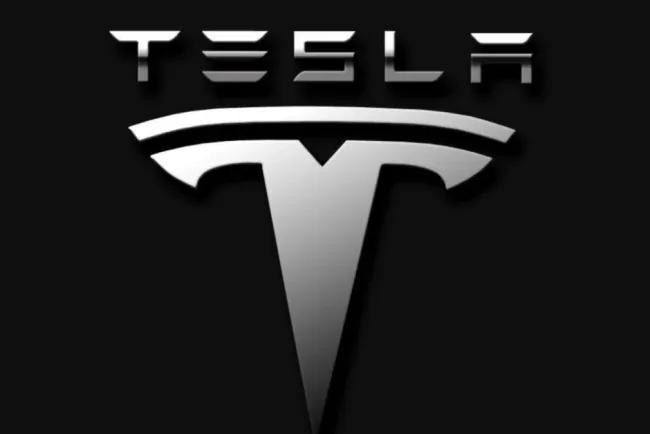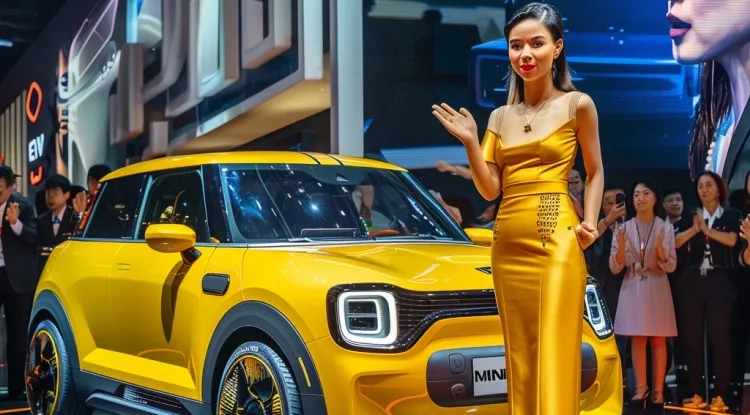The $4,500 Chinese EV That Has the World on Alert
Produced by a joint venture between Chinese state-owned SAIC Motor, General Motors, and two other brands, the bare-bones Hong Guang MINI EV is strictly a city car not built for highway driving. However, its rock-bottom price point is enabling mass EV adoption in urban China and other cost-sensitive emerging markets where even basic electric cars were previously unaffordable for most. This price disruption represents a major threat to established automakers globally.
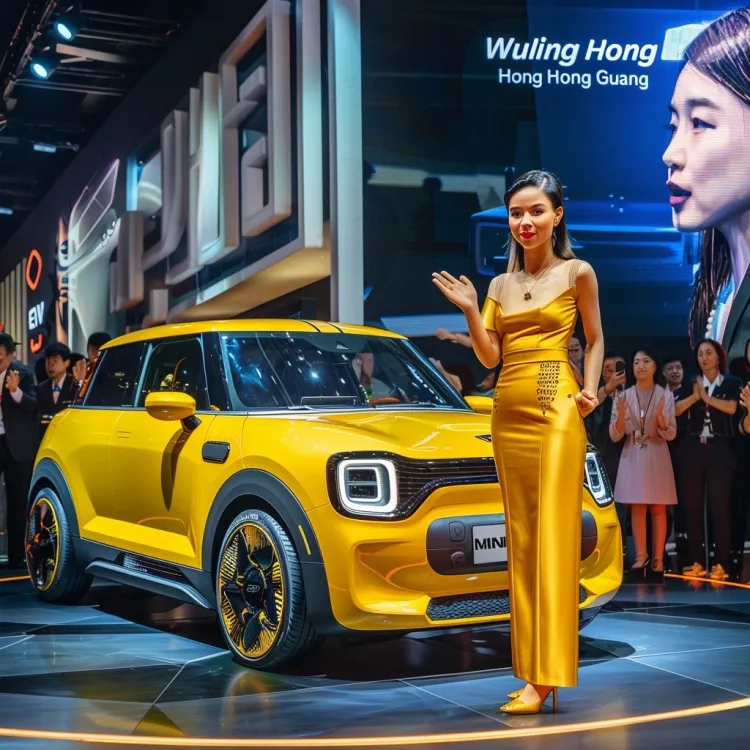
Table of Content
A tiny, affordable electric vehicle from a little-known Chinese automaker is making major waves across the global auto industry and political circles. The $4,500 Wuling Hong Guang MINI EV, which seats four and has a range of just 170 km (105 miles), has executives at major automakers like GM, Volkswagen, and Toyota on edge due to its disruptive potential in key markets. Politicians are also taking notice as the Hong Guang highlights China's growing EV prowess and ability to undercut foreign competition on price.
Unexpected China-Made EV Sales Juggernaut
Blowing Away Sales Targets
When the Hong Guang MINI EV launched in July 2020, Wuling projected annual sales of just 100,000 units. However, the model's popularity exploded thanks to its low price tag and incentives making it effectively free in some Chinese cities. Just over two years later, cumulative sales already top 800,000 vehicles, making it one of the best-selling EVs globally.
Cannibalizing Cheaper Gasoline Car Sales
Importantly, data indicates the Hong Guang MINI EV is not just stealing sales from other EVs, but undercutting low-cost gasoline models as well.
The vehicle's 28,800 yuan ($4,500) sticker price makes it cheaper than many used gas-powered hatchbacks in China. This means the stripped-down EV is accelerating adoption of fully electric vehicles much faster than expected.
Outselling Major Automaker Brands
Sales of the Hong Guang MINI EV already eclipse total vehicle volumes for established automotive brands like Mazda, Volkswagen, and Jeep in China. And it's set to outsell the total deliveries of rivals like Renault and Mitsubishi globally in its first few years on the market. For major automakers accustomed to dominating sales charts, the rise of the ultra-affordable EV is proving humbling.
While most global automakers dismissed the Hong Guang MINI EV as a niche, compliance vehicle for China's low-end market, they can no longer ignore its blockbuster sales performance. The inexpensive electric car's runaway success indicates just how disruptive affordable EVs from China could be if introduced in other cost-sensitive markets around the world.
China-Made Affordable EV Opening Pandora's Box of Disruption
New Competitive Threat in Emerging Markets
Capitalizing on its home market success, Wuling has doubled production of the Hong Guang MINI EV and is exploring exports to other emerging markets like India, Africa, and South America. With consumers in these regions even more price-sensitive than China, an influx of $4,500 EVs could rapidly upend established automakers' plans and sales projections.
Risk of Retrograde Technology Gaining Foothold
Beyond the competitive pricing threat, critics fear the Hong Guang MINI EV's bare-bones feature set and diminutive size could undermine industry progress towards safer, more capable, and environmentally-friendly transportation. Basic safety features, performance, and range could suffer if consumers flock to rock-bottom EVs. This raises concerns about subprime EVs holding back innovation.
Political Pushback from Struggling Auto Giants
Domestic automakers in the U.S., Japan, and Europe have already started lobbying their governments to consider tariffs or regulations that would effectively price out ultra-low-cost Chinese imports. They argue that allowing a wave of cheap EVs could kneecap their ability to invest in advanced mobility technologies and kill jobs in established auto hubs. Labor unions have echoed these concerns.
Wuling's audaciously affordable EV and production ramp-up plans to meet surging demand overseas risks opening up a Pandora's Box of disruption. Even a trickle of imports into cost-sensitive markets could translate into millions of lost sales for legacy automakers already struggling to profitably transition to electric vehicles.
China's Rapid Ascent in Affordable EV Innovation
A Glimpse of China's EV Price Competitiveness
Beyond its minuscule price tag, the Hong Guang MINI EV's success is a wake-up call about China's advantages when it comes to designing, engineering, and mass-manufacturing affordable electric vehicles. Leveraging its massive domestic supply chain, low labor costs, and EV-focused policies, China can now significantly undercut rivals.
China's Rapid Battery and EV Tech Progress
It's not just cost-cutting where China is gaining ground. The country's EV innovators are also pushing the boundaries of battery technology, AI-enabled software, production automation, and other aspects of electric vehicles. Backed by aggressive government policies supporting EVs, Chinese upstarts are pouring billions into leap-frogging legacy technologies and exploiting new innovations and manufacturing processes.
Sense of Urgency for Established Automakers
This backdrop of China's accelerating progress in EVs - both in terms of cost competitiveness and core technologies - is instilling a heightened sense of urgency across global automakers. For years they viewed China as a potentially disruptive force sometime in the future. But with models like the Hong Guang MINI EV, that future has arrived ahead of schedule, galvanizing strategic shifts and spurring calls for government support.
Much like how Japanese automakers disrupted American and European manufacturers in the 1970s and 80s, China now appears poised to upend legacy assumptions about automotive innovation, manufacturing prowess, and what's possible with electric vehicles in terms of cost and capability. This shifting balance of power has major geopolitical and economic implications ahead.
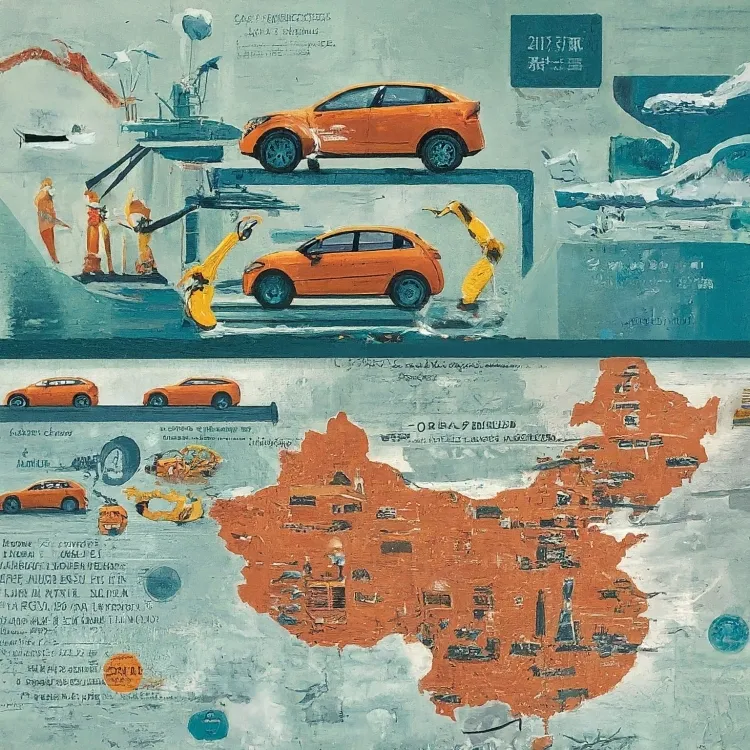
Political Headwinds and Tailwinds for Affordable Chinese EVs
Growing Backlash Over Affordable EV Imports
As the possibility grows of a wave of Chinese EVs flooding global markets in the $5,000 - $20,000 range, political headwinds are mounting. U.S. automakers have already lobbied for tax credits designed to discourage lower-priced Chinese imports from gaining share. Similar pressures are building in Europe, Japan, and other major auto producing nations.
"Outsourced" Job Loss Fears
At the heart of this political backlash is fear that a rapid transition to cheaper overseas-made EVs could jeopardize millions of jobs in domestic auto manufacturing hubs. Union leaders argue that without policy support for locally-produced electric vehicles, increasingly automated EV production could become entirely outsourced to China and other low-wage nations.
National Security and Economic Competitiveness Concerns
Beyond immediate job impacts, some politicians worry about over-reliance on China for a strategic technology like EVs and next-generation mobility solutions.
There are already concerns about potential intellectual property theft and national security implications if China gains decisive dominance in batteries, autonomy, and other foundational EV technologies. Maintaining domestic automotive innovation capacity is seen as critical by some leaders.
Climate Policy Tailwinds
On the other side of the debate, environmentalists and climate advocates argue that affordability is key to accelerating EV adoption and reducing transportation emissions globally. Some are willing to accept near-term economic disruption if it enables a faster transition away from polluting internal combustion engines, especially in developing nations with limited resources.
How politicians around the world ultimately respond to the looming wave of inexpensive Chinese-made EVs could have profound implications for the trajectory of climate change mitigation efforts, national security interests, the global balance of economic power, and the future of mobility innovation worldwide.
The Road Ahead for Ultra-Affordable EVs
Expansion of Ultra-Affordable EV Segment
Emboldened by the Hong Guang's success, Chinese automakers are already lining up a range of ultra-affordable electric models for domestic and export markets. Chery, BYD, Great Wall, and others aim to introduce sub-$10,000 EVs designed for urban usage in the coming years. This could fuel a new price war and make basic electric transportation accessible to billions of new consumers.
Escalating Battle for EV Cost Leadership
Incumbent automakers won't cede the affordable electric market without a fight. Established brands like Volkswagen, Renault, GM, and Toyota each have programs underway to develop highly economical EVs leveraging their global scale and streamlined manufacturing processes. However, without a domestic supply chain on par with China's, it will be challenging to match the cost structure of vehicles like the Hong Guang MINI EV.
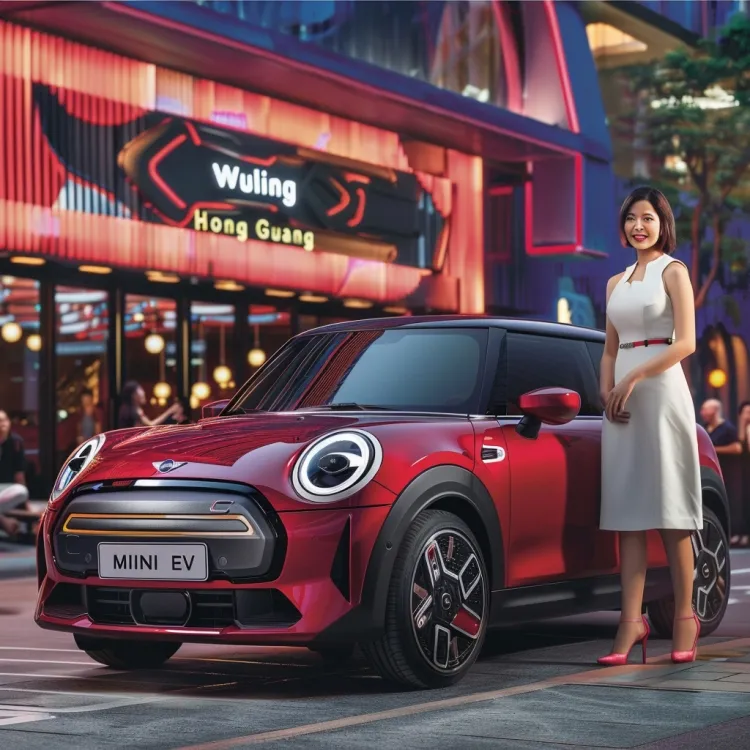
Rush to Innovate and Add Value
Rather than match China's automakers on price, many legacy brands could instead shift focus to loading affordable EVs with more premium features, advanced technology, and capabilities that justify higher sticker prices. In-car connectivity, over-the-air updates, autonomous driving, greater range, and cutting-edge safety systems represent potential areas for differentiation. But this innovation push carries significant cost implications.
Vertical Integration and New Business Models
Some industry analysts also see the rise of ultra-low-cost electric transportation enabling entirely new mobility business models beyond traditional vehicle ownership. Vertically integrated transportation services where EVs are treated as consumable appliances on a subscription or ride-hailing basis could gain traction in markets where individual car purchases remain out of reach for most consumers, even at $5,000 price points.
Next Phase of Electrification and Disruption
In many ways, the success of the Hong Guang MINI EV represents just the opening salvo in a broader disruption headed for the global auto industry. As costs compress through innovation and competition in the EV supply chain, a recharged green transportation revolution could rapidly upend the traditional ownership model and accelerate upheaval impacts across multiple related sectors from energy and infrastructure to technology and urban mobility.
While executives and politicians nervously assess the implications of the $4,500 Chinese electric car, its long-term significance may be a wake-up call that ushers in a new phase of green mobility adoption. By shattering perceived affordability barriers, the Hong Guang MINI EV and its inevitable imitators could ultimately pull forward the mass-market shift to EVs by decades on a global scale. This not only stands to reshape the automotive industry, but also restructure entire economies and societies in service of climate change mitigation and technological leaps in transportation. Buckle up for an electrifying and disruptive ride ahead.
What's Your Reaction?







